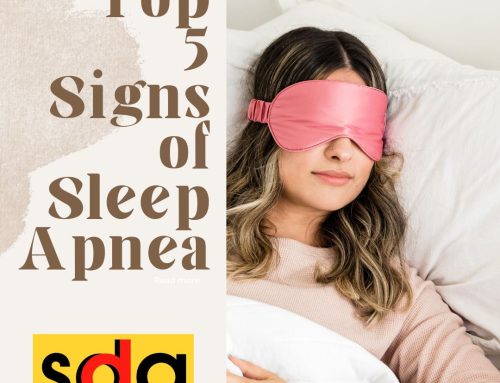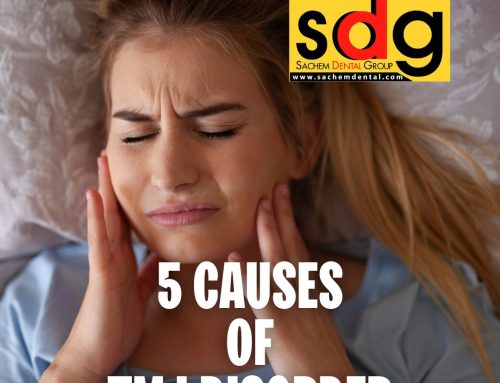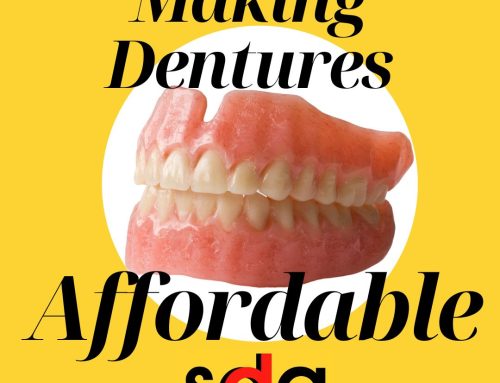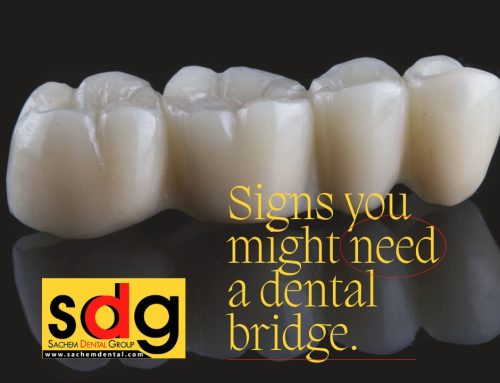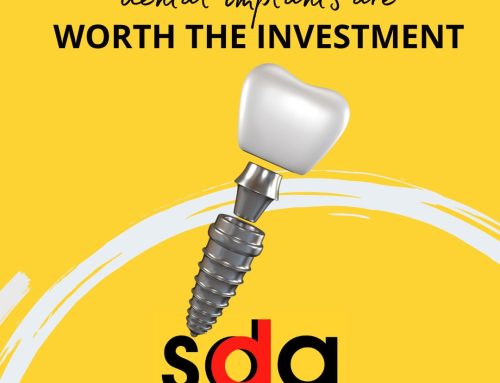
Sleeping disorders such as obstructive sleep apnea (OSA) affect millions of people. But one of the biggest misconceptions is about the link between sleep apnea and people who snore.
Does everyone with sleep apnea snore? If you snore, does it mean you might have a sleeping disorder? Here’s what you need to know…
Do You Snore? How to Know if You Have Sleep Apnea
Sleep apnea is a potentially serious sleep disordered disorder that affects thousands of people in New York. It occurs when someone’s breathing is repeatedly interrupted during the night. There are three main types of sleep apnea: obstructive sleep apnea (OSA), central sleep apnea (CSA), and complex sleep apnea syndrome (CSAS).
The most common form, obstructive sleep apnea (OSA), is caused by the partial or complete blockage of your airway. This can happen as the result of relaxed throat muscles, excess weight, enlarged tonsils, a small or narrow jaw, or other structural features. Central sleep apnea (CSA), on the other hand, is caused by a failure of the brain to send the proper signals to the muscles that control breathing. Complex sleep apnea syndrome (CSAS) is a combination of both conditions together.
Common Sleep Apnea Symptoms
While snoring is a common symptom of sleep apnea, it is important to note that not everyone who snores has sleep apnea, and not everyone with sleep apnea snores. However, snoring can be a significant red flag if you also exhibit other symptoms of sleeping disorders. Other warning signs to look for include:
- Excessive daytime sleepiness
- Flat, worn, or broken teeth (caused by grinding)
- Frequent morning headaches
- Irritability, depression, or mood swings
- Difficulty concentrating
- Restless sleep and frequent awakenings
- Gasping or choking during sleep
- Weight gain
- Dry mouth or sore throat upon waking
Sometimes people snore, sometimes they don’t. If you’re experiencing a few of these symptoms together, you might have untreated sleep apnea. If that’s the case, it can lead to serious health consequences, including a high risk for heart attack and stroke. There’s also the risk of falling asleep at work or behind the wheel of your car.
Sleep Apnea Treatment Options if You Snore
Fortunately, several treatment options are available for sleep apnea, ranging from lifestyle changes to medical interventions. The most appropriate treatment will depend on the severity of your condition. Here are a few common approaches:
Lifestyle Modifications:
Certain lifestyle changes can help alleviate mild sleep apnea symptoms. These include weight loss, regular exercise, avoiding alcohol and sedatives, and maintaining a consistent sleep schedule. These changes can also help you snore less.
Continuous Positive Airway Pressure (CPAP) Therapy:
CPAP therapy is a widely used treatment for moderate to severe sleep apnea. It involves wearing a mask over the nose or nose and mouth while sleeping, which delivers a continuous, pressurized flow of air to keep the airway open.
Oral Appliance Therapy:
Sleep dentistry providers like our Suffolk County dentists can design custom oral appliances, similar to mouthguards, to help reposition your jaw and tongue when you sleep. Wearing these small devices helps improve air intake and reduces the occurrence of sleep apnea episodes as well as how often you snore.
Snore? Schedule Your Sleep Dentistry Treatment in Suffolk County
If you suspect that you or a loved one may be suffering from sleep apnea because they snore, seeking professional help could literally save a life. At Sachem Dental Group, our experienced team can evaluate your symptoms and provide personalized sleep dentistry solutions to help manage your sleep apnea effectively. Call our office to schedule your consultation!


